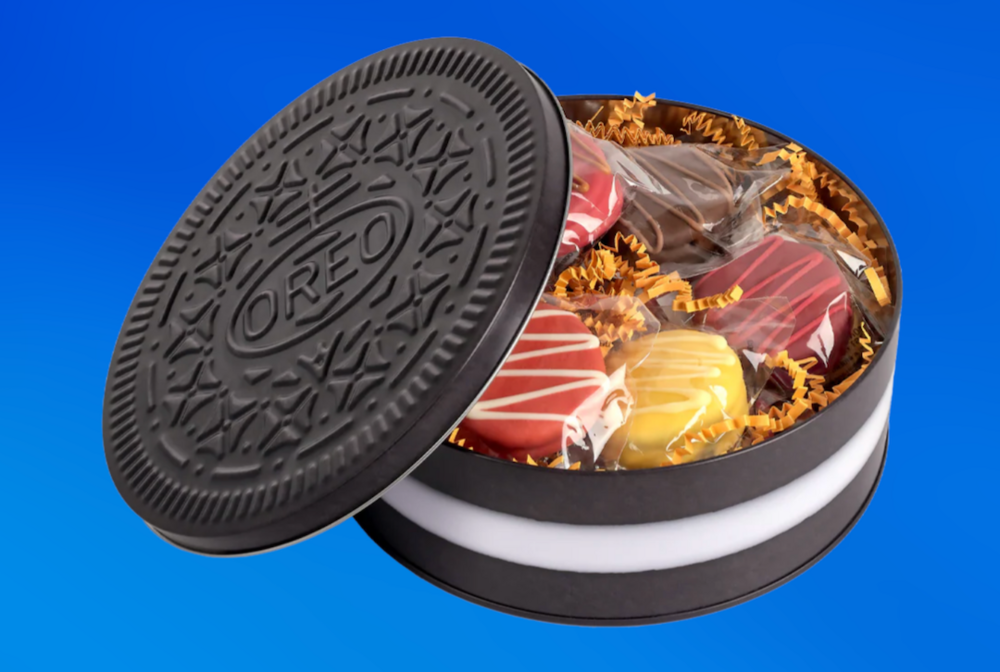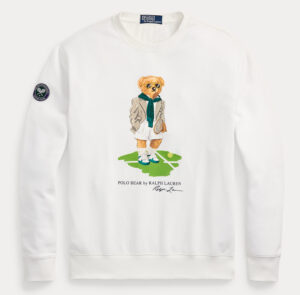In a seismic move that redefines the power structures of American professional sports, the owner of the Los Angeles Dodgers has acquired the iconic Los Angeles Lakers for a record-breaking $10 billion, according to official sources close to the deal. The agreement, finalized in the early hours of June 22, 2025, makes the Lakers not only the most expensive franchise in U.S. history, but arguably the most symbolically potent sports asset on the planet.
To understand the magnitude of this acquisition, one must recognize that this is not merely a transaction. It is the culmination of generational brand building, decades of championship glory, and the entwining of two dynastic pillars of Los Angeles culture—baseball and basketball—under one economic sovereign.
The Anatomy of a Deal: Ownership, Strategy, and Symbolism
The deal sees Dodgers owner Mark Walter, the billionaire financier and chairman of Guggenheim Partners, take majority control of the Lakers from the Buss family, who have helmed the franchise since the visionary Dr. Jerry Buss purchased it in 1979 for $67 million. In a span of 46 years, that valuation has ballooned by over 14,800%, a testament to the team’s relentless commercial and competitive success.
While the Buss family retains a ceremonial minority stake and public relations presence—similar to how Magic Johnson remained a visible force after selling shares in the Dodgers—the operational and financial direction now rests firmly in Walter’s hands.
According to early reports, Walter intends to leverage vertical integration of ticketing, branding, real estate, and digital media platforms between the Dodgers and Lakers—both of which now call Crypto.com Arena and Dodger Stadium home bases within a few miles of each other.
This convergence offers massive cross-promotional potential. But more importantly, it allows for content and data consolidation across two of the most valuable fanbases in North American sport.
Literature of Legacy: From Mikan to Magic to LeBron
In the epic saga of American sports, the Lakers read like Homeric myth. From George Mikan’s Minneapolis dynasty in the 1950s to the glitz of Magic Johnson and the “Showtime” era of the 1980s, from Shaquille O’Neal and Kobe Bryant’s early 2000s three-peat to the latest championship spearheaded by LeBron James in the 2020 bubble, the Lakers have always been less a basketball team than a cultural archetype.
Their purple-and-gold uniforms evoke a sense of imperial identity; their banners, 17 in total, hang like war relics in a hall of fame. They are, as essayist and novelist Joan Didion might say, a reflection of the “California Dream”—equal parts glamour, performance, and myth-making.
To transfer that legacy from the hands of a family that once represented personal passion and paternal investment to a consolidated sports business portfolio is, in some ways, the end of an era. But it is also the beginning of something altogether unprecedented.
What This Means for Los Angeles
In cultural terms, the Lakers and Dodgers represent the city’s twin sporting hearts. Los Angeles, unlike older American cities with entrenched localism, is a town of immigrant dreams and transitory fame, and its sports franchises operate as civic memory in a place largely without one.
The Lakers, more than any other team, are the connective tissue across generations—from Wilt Chamberlain’s grandiosity to Kobe Bryant’s ruthless poetry to LeBron James’s deliberate legacy-crafting.
With this acquisition, LA becomes the first U.S. city to have two major franchises—each with global resonance—under singular ownership. The potential for branded synergy is mind-boggling: co-branded apparel drops, immersive VR fan experiences, joint training facilities, multi-sport streaming bundles, and even city-sponsored tourism campaigns centered around the “Gold Standard of Sports.”
And in a post-TikTok, post-ESPN era where the battleground for fan loyalty has shifted from local arenas to global screens, this merging of empires allows LA to not just keep pace with, but outstrip, international competition.
Economics of Glory: Can Any Team Be Worth $10 Billion?
Skeptics will ask: is any sports franchise really worth $10 billion?
By traditional revenue models—ticket sales, TV rights, merchandise—the answer might appear inflated. But today’s sports economics are not governed by what is, but what could be.
Franchises are now media ecosystems, digital platforms, real estate portfolios, and crypto-capable marketplaces. The Lakers’ global following, especially in Asia, Europe, and Latin America, is unrivaled in the NBA. Their brand equity—across social media, endorsements, and youth sports programs—is immeasurable.
Moreover, the NBA is on the cusp of its next media rights deal, expected to be in the $75–80 billion range, which would significantly boost team valuations. The $10 billion tag may look aggressive today, but in five years, it could seem conservative.
From the view of a long-term asset manager like Walter, the acquisition is not a vanity purchase but a diversification play in a world where attention is currency, and few institutions command as much attention as the Los Angeles Lakers.
Lakers as Myth, Market, and Mirror
One can’t ignore the poetic tension between the Lakers as symbolic capital and as capital capital. They are, after all, a team whose stars have doubled as actors, rappers, moguls, and icons. Kareem Abdul-Jabbar is a bestselling author. Shaq owns 50 businesses. LeBron might become a U.S. Senator.
In this way, the Lakers are not merely a basketball team, but a symbolic engine of American aspiration.
Yet with the shift toward hyper-commercial consolidation, the danger arises that their narrative becomes too polished, too corporate, too engineered. Will the team remain a crucible for greatness and personality, or become a content mill optimized for quarterly ROI?
Sports, at their best, mirror our anxieties and ambitions. The Lakers have always been about narrative tension—teamwork and ego, glamour and grit, dominance and doubt. The key for Walter’s regime will be preserving that messy beauty while structuring profitability.
The Buss Legacy: Sunset, Not Eclipse
No analysis of this sale is complete without honoring the Buss family’s stewardship, especially that of the late Dr. Jerry Buss and his daughter, Jeanie Buss, who has led the franchise since 2013.
Jeanie guided the Lakers through difficult years following Kobe’s retirement and had the vision to bring LeBron to LA. She also oversaw the team’s 2020 championship amid the COVID-19 pandemic—one of the most emotionally complex victories in NBA history.
While the sale may symbolize an end to familial ownership in favor of financial conglomerates, the Buss legacy lives on—not just in the rafters, but in the culture of bold ambition and aesthetic flair that still defines the Lakers.
The Broader Implications for the NBA
This $10 billion purchase sends shockwaves through the entire NBA ecosystem. Owners will now expect higher valuations. Prospective buyers will face steeper barriers to entry. Teams like the Knicks, Warriors, and Bulls—long considered “blue chip” assets—will likely see their market value recalibrated.
Commissioner Adam Silver, already steering the league into a streaming-centric, globally oriented era, may use this deal as proof of the NBA’s cultural capital as much as its financial resilience.
Expect conversations to accelerate around international expansion, player equity models, and even franchise tokenization—where fans can buy into micro-shares of team ownership.
Impression
This is not just a story about money. It is a story about power, identity, and the myth of permanence.
By purchasing the Lakers, the Dodgers’ owner hasn’t merely bought a team. He’s purchased access to the American imagination—where greatness wears purple and gold, and history is not remembered, but performed night after night.
The convergence of these two dynasties marks a new epoch in sports culture. Whether it will be an era of homogenized branding or transcendent innovation remains to be seen.
But one thing is certain:
The center of gravity in American sports has shifted—and it is wearing sunglasses, sipping mezcal, and stuck in LA traffic.
No comments yet.







